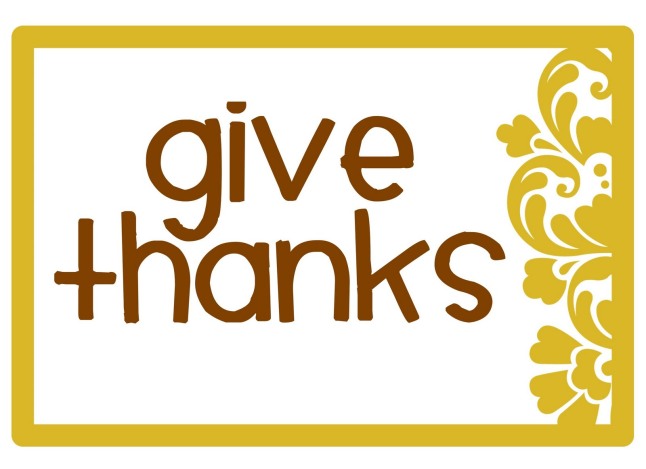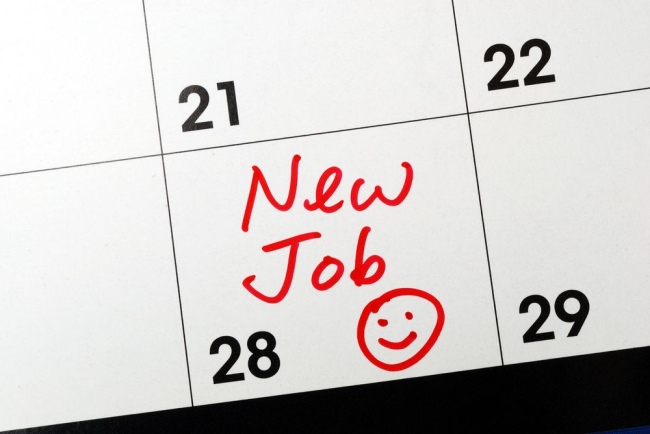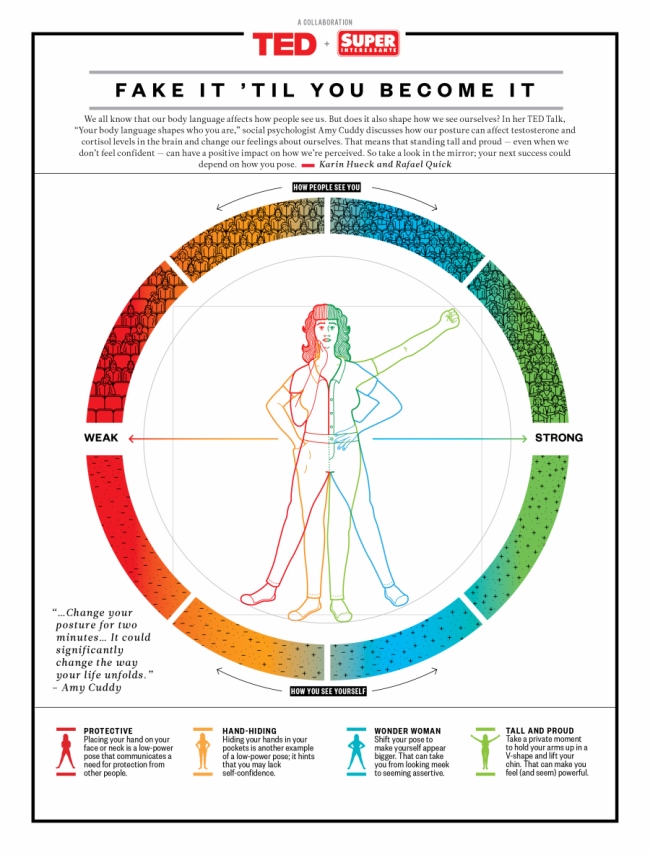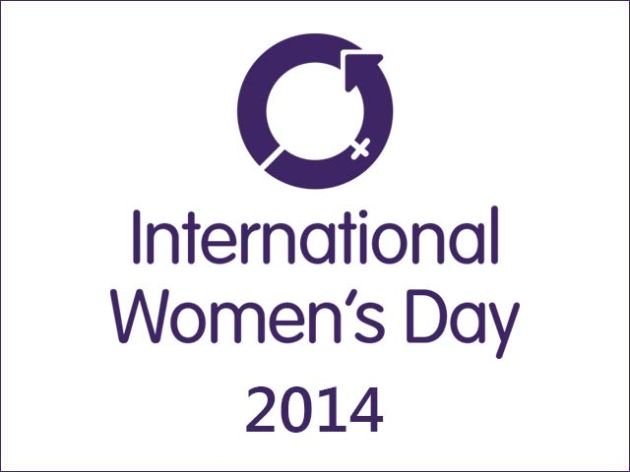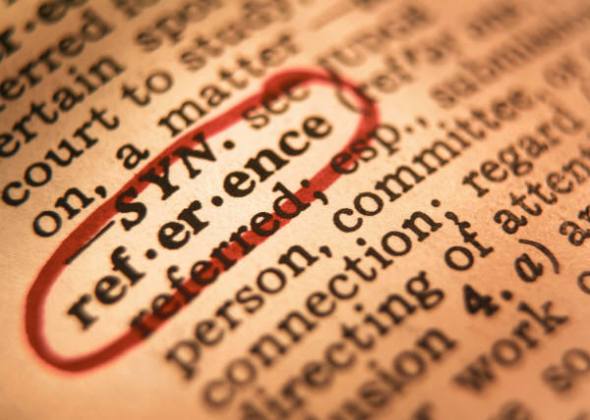I’ll admit, this post required a bit of research, first off I honestly didn’t know what sugarplums were, apparently they were a popular Christmas treat in 16th century England and are basically stewed plums in sugar cane cooked to gooey perfection…sounds pretty yummy! So now the big question, when job searching what are YOU most like? A sugarplum, rum ball or candy cane? It’s a question for the ages! Take this sweet questionnaire and find out:
1. Do thoughts of you keep dancing in an employer’s head long after an interview?
A) No, I just hang around and see what happens
B) Yes, I make sure I send a positive thank you card and follow up later
C) I’m not sure, I can’t remember!
2. Are you multifaceted and have many different colourful skills to offer?
A) Yes, I have many skills and I’m always looking to add more to my repertoire
B) No, I don’t have a lot of skills but what I have has stood the test of time
C) I have a sprinkling of skills here and there but only on the surface
3. When you’re not offered a job do you tend to stew about it or hook up with new opportunities?
A) I figure it just wasn’t the right fit and use the chance to catch the interviewers attention and ask how to improve my skills
B) Yes, I stew and think constantly about what happened
C) I just roll with the punches!
4. Do you leave your job search space a big ol’ sticky mess or do you make sure that everything is hanging in its proper place?
A) In my space everything has it’s spot. I use a job search and network-tracking sheet. You just never know when you might get a call for an interview!
B) Yeah I have papers everywhere but my memory is good and I can recall information when needed
C) I’m a bit messy but at least it’s all in one spot!
5. Are you able to fit into many different situations or are you relegated to only one type of environment?
A) Yes I’m adaptable and can move from site to site if needed
B) No I can only be in a specific place and don’t feel comfortable in situations outside my element
C) I’m adaptable and can roll from one thing to another within reason of course!
Well this is not exactly a scientific questionnaire, but if you answered mainly:
A) You’re a candy cane; you’re minty fresh and up for anything!
B) You’re a sugarplum baby! And although not exactly current or neat, you’ve stood the test of time
C) You’re a rum ball; you know how to keep your cool no matter what!
Elaine Logie is an Employment Advisor at the Career Foundation and infamous MCACESBlogger! Elaine has just completed her Career Consultant Certificate Program at Mohawk College in Hamilton, Ontario. Congratulations, Elaine! If you enjoy our MCACESBlogs, please spread some Christmas cheer and spread the news! Merry Christmas!






